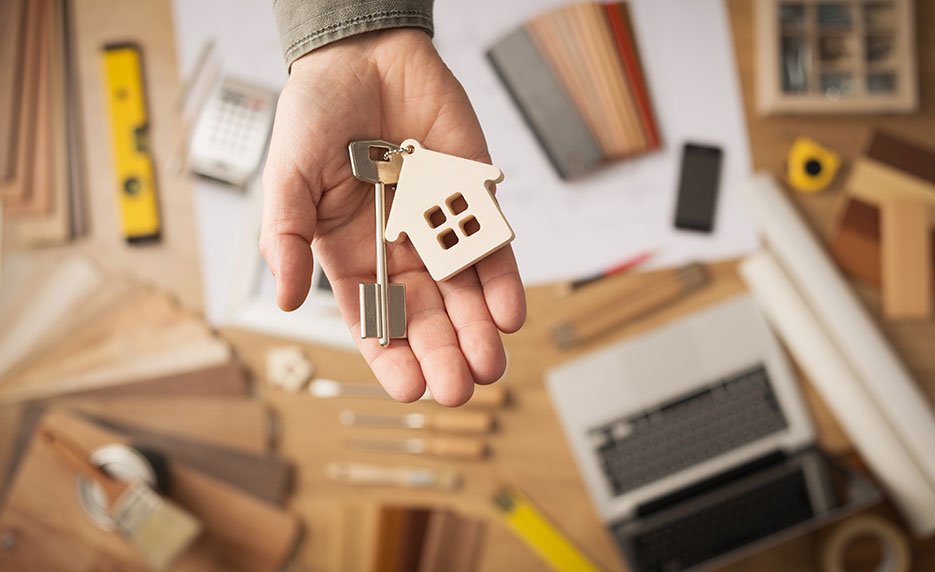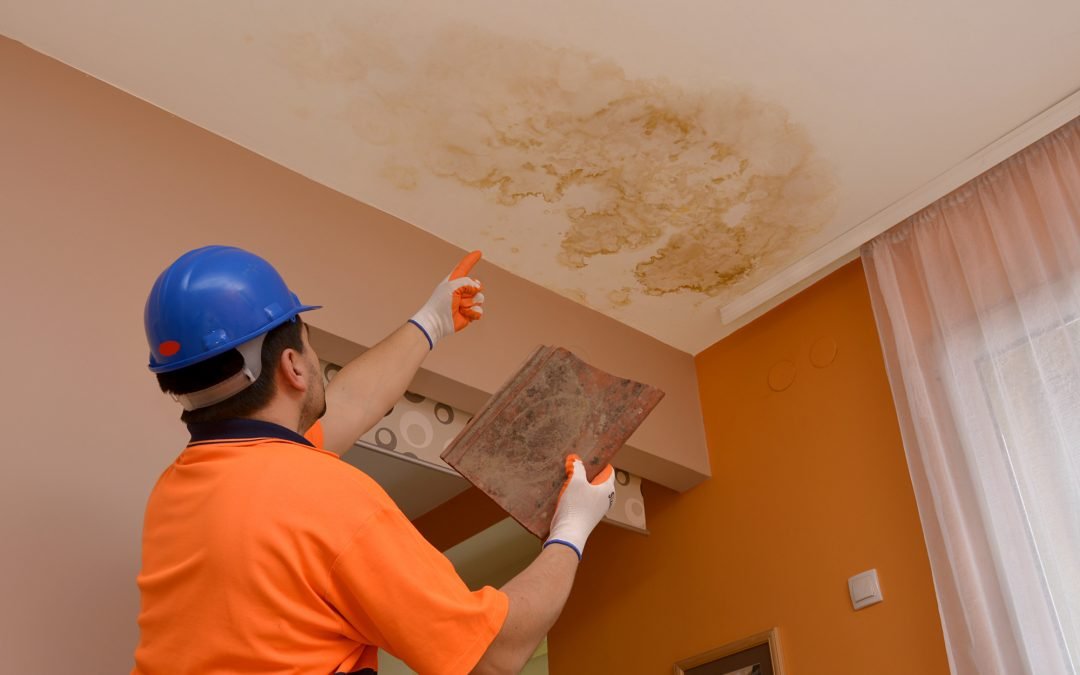
- calendar_month June 10, 2024
- folder Tips
Selling your home is a significant financial transaction that requires careful planning and consideration. However, many homeowners make common mistakes that can cost them time, money, and unnecessary stress. Here are some of the most frequent errors to avoid when selling your home.
1. Overpricing Your Home
One of the most common mistakes is overpricing your home. While you may feel your home is worth a certain amount, it’s essential to rely on market data and comparable sales in your area. Overpricing can lead to your home sitting on the market for too long, which can make it less attractive to buyers. Instead, price your home competitively to attract more interest and potential offers.

2. Neglecting Necessary Repairs and Improvements
Buyers are often looking for a home that is move-in ready. Neglecting necessary repairs and improvements can be a major turn-off. Before listing your home, take care of any obvious issues, such as leaky faucets, broken windows, or peeling paint. Consider making some cost-effective upgrades that can increase your home’s appeal, like updating the kitchen or bathroom fixtures.

3. Poor Staging and Presentation
First impressions matter. Poor staging and presentation can prevent buyers from seeing the full potential of your home. Declutter your space, depersonalize rooms by removing personal photos and mementos, and arrange furniture to highlight the home’s best features. If necessary, consider hiring a professional stager to make your home look its best.

4. Inadequate Marketing
In today’s digital age, relying solely on a “For Sale” sign in the yard isn’t enough. Inadequate marketing can significantly reduce your pool of potential buyers. Use a variety of marketing channels, including online listings, social media, and virtual tours, to reach a wider audience. Professional photos and well-written descriptions can also make a big difference in attracting interest.

5. Being Unprepared for Showings
Being unprepared for showings can deter buyers. Ensure your home is always clean and tidy, and be flexible with showing times. An unkempt home or restrictive showing schedule can turn buyers away. Remember, the more accessible and appealing your home is, the more likely you are to receive offers.

6. Ignoring the Importance of Curb Appeal
Curb appeal is crucial as it sets the tone for a buyer’s experience. Ignoring the exterior of your home can lead to a negative first impression. Make sure your lawn is well-maintained, the exterior is clean, and any outdoor areas are tidy. Simple touches like planting flowers or repainting the front door can enhance your home’s curb appeal.

7. Choosing the Wrong Agent
Not all real estate agents are created equal. Choosing the wrong agent can lead to poor communication, inadequate marketing, and an unsatisfactory sale price. Take the time to interview multiple agents, check their references, and ensure they have a good track record in your area. A knowledgeable and proactive agent can make a significant difference in the selling process.

8. Letting Emotions Influence Decisions
Selling a home can be an emotional process, especially if you have many memories tied to the property. However, letting emotions influence your decisions can lead to unrealistic expectations and poor choices. Try to remain objective and focus on the financial aspects of the sale. Trust your agent’s advice and market data to guide your decisions.

9. Failing to Disclose Issues
Honesty is crucial when selling your home. Failing to disclose known issues can lead to legal problems down the line. Be upfront about any problems with the property and provide necessary disclosures to potential buyers. This transparency can build trust and prevent complications during the closing process.

10. Underestimating Closing Costs
Many sellers underestimate the closing costs associated with selling a home. These can include agent commissions, repairs requested by the buyer, closing fees, and moving expenses. Be sure to budget for these costs to avoid any financial surprises at the end of the transaction.

Conclusion
Avoiding these common mistakes can help ensure a smoother, more successful home-selling experience. By pricing your home correctly, making necessary repairs, staging effectively, marketing strategically, and working with the right agent, you can attract more buyers and achieve a favorable sale. Stay objective, be prepared, and remember that attention to detail can make all the difference in selling your home.
